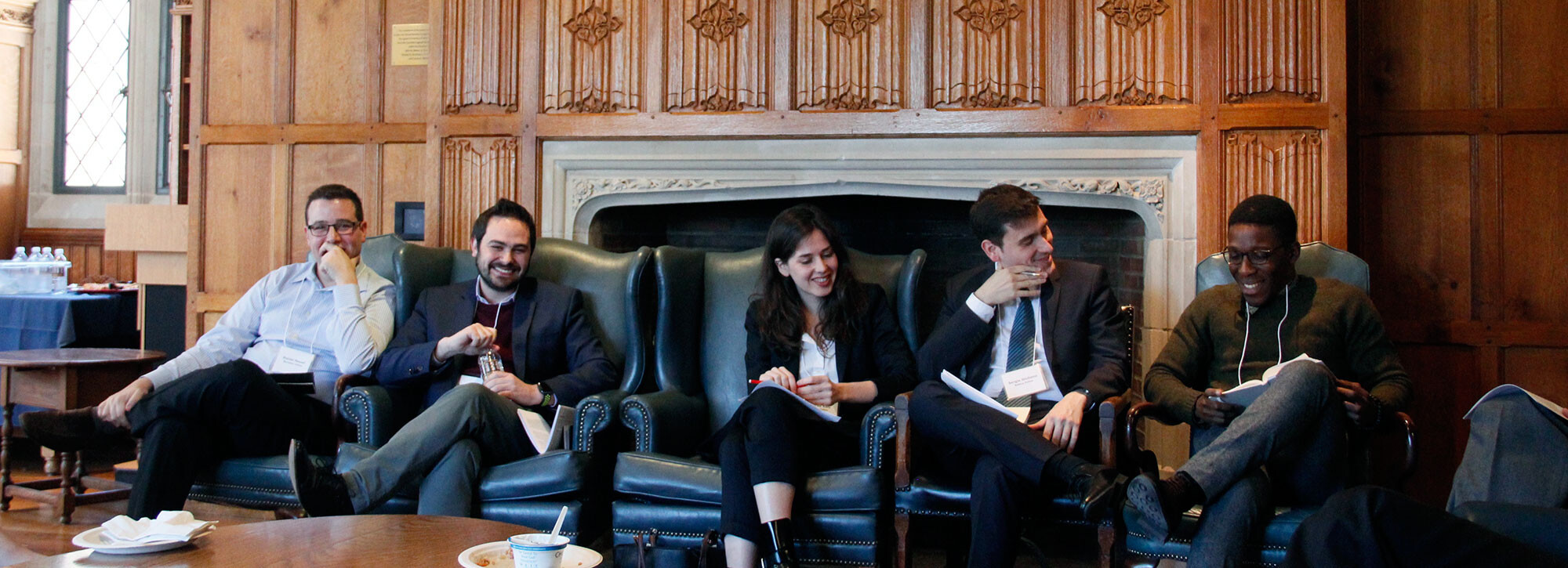About the Fellowships
The Robert L. Bernstein Fellowships in International Human Rights enable two or three Yale Law School graduating students or recent graduates to devote a year to full-time advocacy human rights work.
The Bernstein Fellowships were established at Yale Law School in 1997 to honor Robert Bernstein, the founder and former chair of Human Rights Watch; former chair, president, and chief executive officer of Random House; and a tireless champion of human rights. The fellowships, supported by the family, friends, and colleagues of Robert Bernstein and administered by the Orville H. Schell, Jr. Center for International Human Rights at Yale Law School, promote innovative and creative approaches to human rights advocacy.
The Bernstein Fellowship provides a one-year stipend of $55,000. The application deadline to be considered for a fellowship beginning in the fall of 2025 is February 3, 2025, at 11:59 pm.
